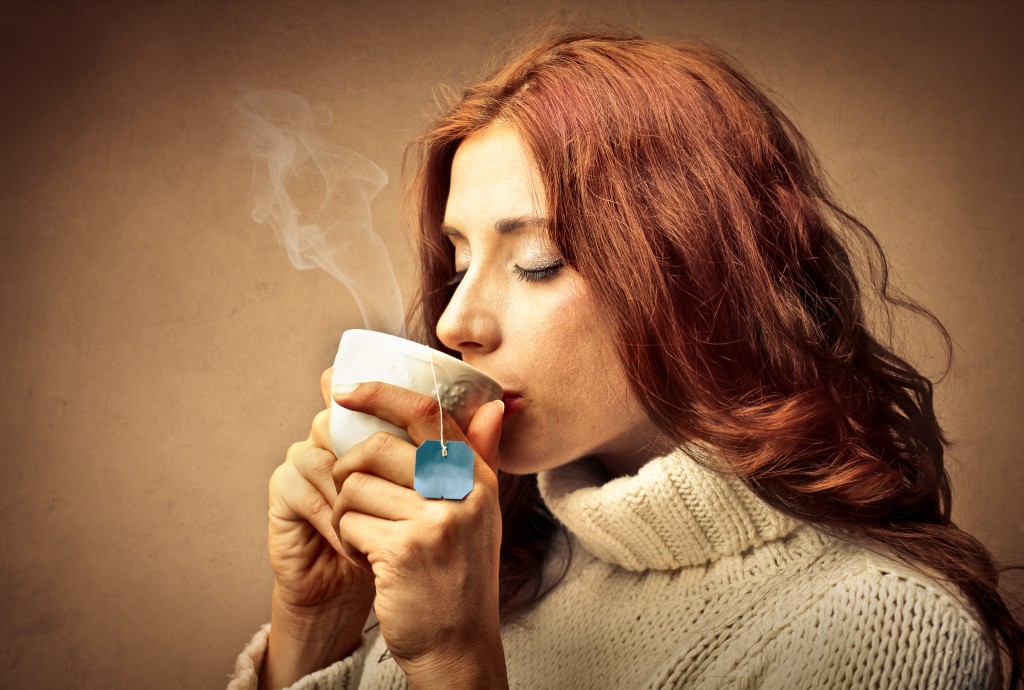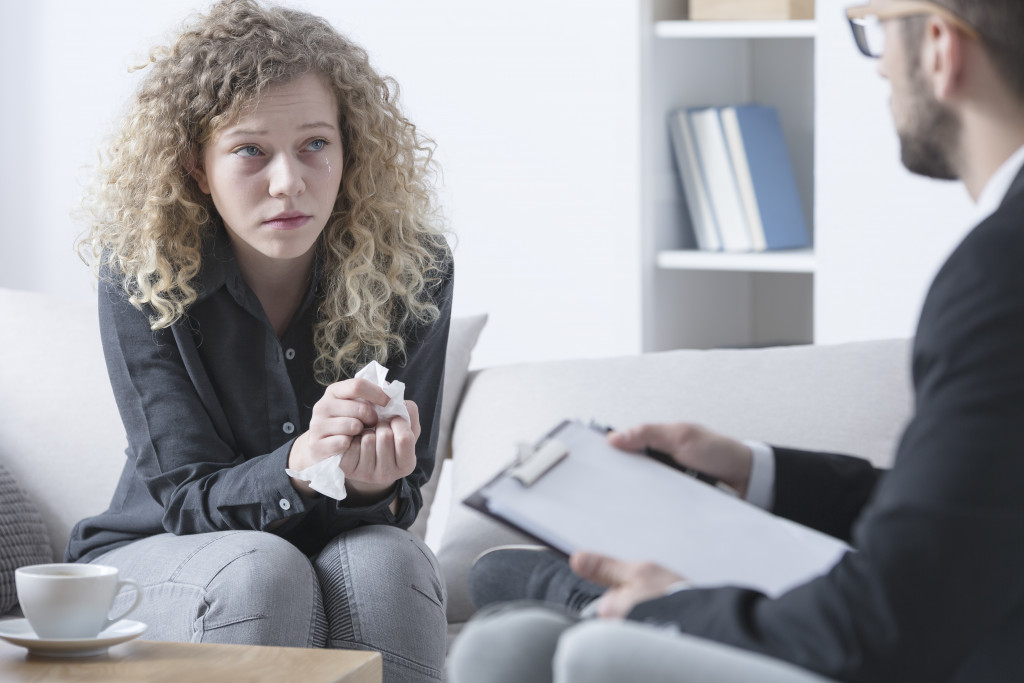If you are feeling extremely stressed out during the pandemic, know that you are not alone. According to numerous studies and surveys, many people these days are becoming increasingly anxious and depressed. But the surge in numbers of people who are experiencing anxiety and depression are not the only way the pandemic is affecting our mental health. People have different ways of coping with pandemic-related stress. But then, some of us react more strongly to the crisis and are now experiencing the following conditions.
Eating Disorders
Some people already have a history of anorexia, bulimia, and binge-eating disorder. But after the lockdown, more people are battling with eating disorders. They used this as a way to cope with a pandemic since it is one thing they have control over.
Food scarcity and people hoarding food items made some of indulging in unhealthy eating habits. Others would overeat, only to try and purge all the contents of their stomach afterward. Some decided to only eat a minimal amount in an attempt to save food or maintain a slimmer physique.
Most people with eating disorders have experienced trauma before. Since the pandemic is essentially a traumatic event, this triggered their disorder. Due to the sheltering in place and fear of getting sick for going to clinics and hospitals, many opted not to contact a professional who can help in managing their eating disorder.
According to a survey, about 62% of respondents with Anorexia experienced worsening of their symptoms after the crisis hit the globe. This can be due to the disruption of routines, social isolation, and other environmental triggers.
Thankfully, professionals specializing in eating disorders now make use of telehealth. Now, one can seek professional advice without having to travel to a clinic or hospital. One can consult a pro for the best treatment plan for bulimia nervosa, for instance, in private.
Substance and Alcohol Abuse
One might think that the quarantine can at least lessen the number of people abusing alcohol and other substances. But according to news, there is a rise in substance abuse as well as alcohol abuse during the crisis. Some people used abuse as a way to cope with stress, boredom, anxiety, and depression.
The longer amount of time people stays indoors made them turn to alcohol and substance abuse. Others who were already being treated for their addiction became more vulnerable. This is since many of them thrive in face-to-face healthcare delivery.
You play a role in helping your loved one start the addiction recovery process. But the individual battling the addiction is the only one who can decide whether to take the path to recovery or not. They first need to admit the fact that they are now battling alcohol or substance addiction and them seeking professional help is the first two steps in recovery.
Xenophobia and Racism
This term is used to describe people who have fear or hatred towards strangers or foreigners. During the pandemic, many fear and now hate Chinese individuals. This is after news broke that the pandemic started in Wuhan, a province in China.
Now, many Chinese people are being victims of racism. Even Asians who look a bit Chinese and those who were born and raised in places other than China are being hurt or discriminated at. Others now fear being at the same place as them because they are afraid they are spreading the virus.
The government is urged to take the necessary steps that will help prevent cases of xenophobic violence and racist discrimination during the crisis. If you think any of your family members turned into racist or are now xenophobic, you can start talking sense to them. Tell them spreading fear and hate won’t help rectify the problem and but doing our part in helping reduce the spread of the virus is what matters the most.
Posttraumatic Stress Disorder
 People from all walks of life can have PSTD. It does not take one to experience being a war veteran or a victim of abuse just to develop PTSD. Anyone can have PTSD, even kids for as long as they experience psychological trauma.
People from all walks of life can have PSTD. It does not take one to experience being a war veteran or a victim of abuse just to develop PTSD. Anyone can have PTSD, even kids for as long as they experience psychological trauma.
Unfortunately, the coronavirus pandemic aggravated the symptoms of people with PTSD. Others developed the condition after a loved one died of Covid-19. Like in eating disorders, social isolation, disruption of daily routine, inability to be with their loved ones, or working in an environment like the hospital can experience trauma.
One’s PTSD symptoms can vary from another. It is important that you seek social support and professional help to better manage your symptoms. Staying connected, using relaxation techniques, staying positive and focusing on the things you can control can help reduce your stress mid-pandemic.
This goes to show just how big of an impact the Covid-19 pandemic has to our mental health. While some are thriving and built resilience during the pandemic, others were not so lucky. They are now battling an eating disorder, turned to alcohol and substance abuse, fear and hate the Chinese, or are dealing with PTSD. Recognizing your symptoms and knowing when to seek professional help is a must in effectively dealing with mental distress caused by the pandemic.

